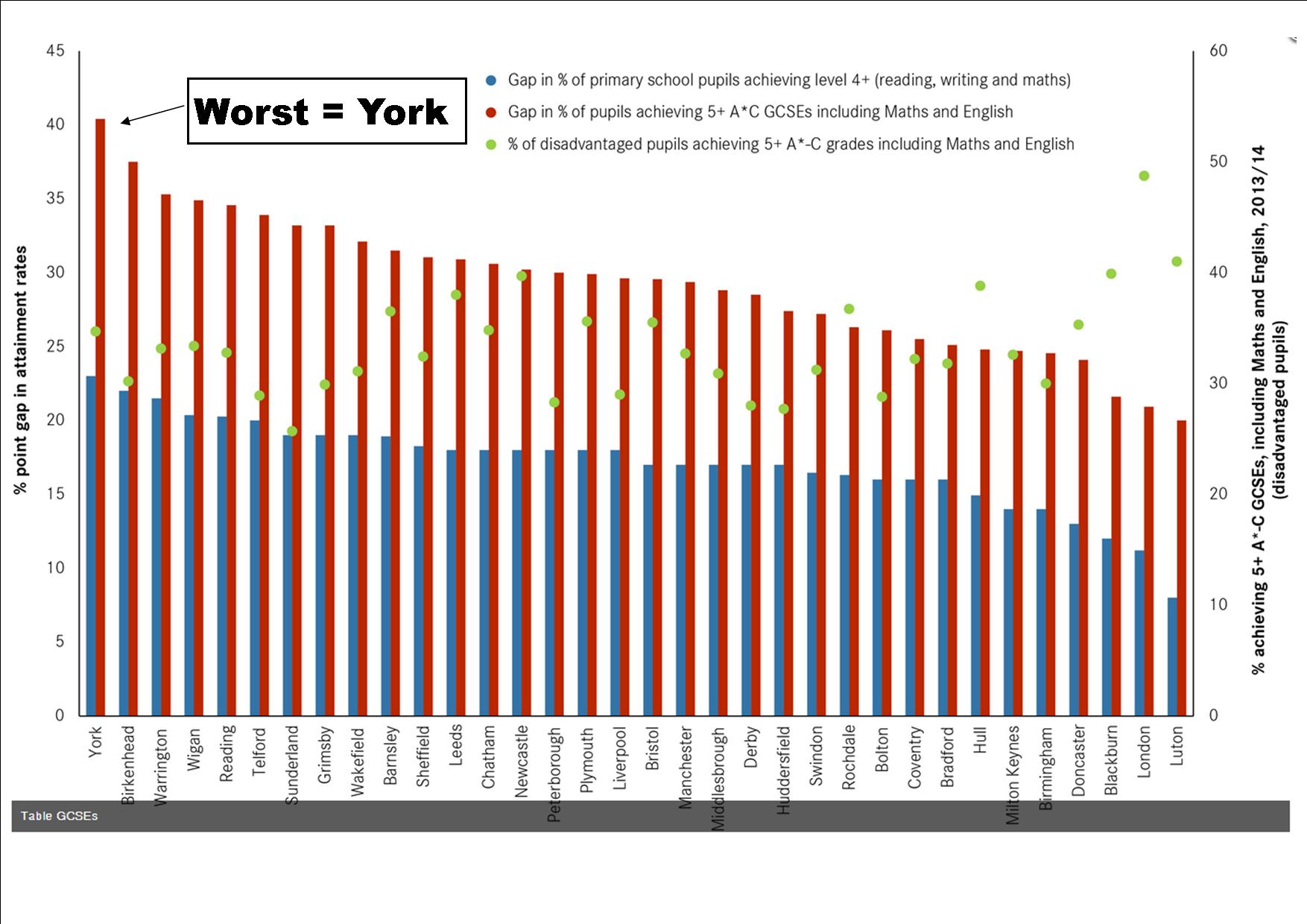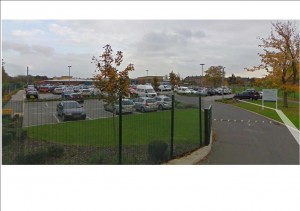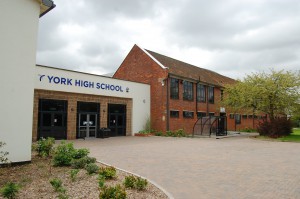 Commissioned by Public Health England and NICE, and modelled by the University of Portsmouth and the University of Southampton, the figures are estimates of youth smoking rates for every local authority, ward and local NHS level – based on factors known to predict young people smoking.
Commissioned by Public Health England and NICE, and modelled by the University of Portsmouth and the University of Southampton, the figures are estimates of youth smoking rates for every local authority, ward and local NHS level – based on factors known to predict young people smoking.
The data will help City of York Council and other organisations in the city to respond to levels of smoking and is available on PHE’s Local Health website.
The council welcomes Public Health England’s ambition is to reduce smoking rates among young people to secure a tobacco-free generation. In York an estimated 14.54% of 15 year olds are regular or occasional smokers, compared to the national estimate of 12.71%.
The figures mirror adult smoking rates which are falling less rapidly in some areas, with smoking rates considerably higher in deprived communities. Smoking is the single biggest cause of the difference in life expectancy between the richest and poorest in England.
Nearly eight million people still smoke, with 90% having started before the age of 19. There are 28,888 people who smoke in York.
City of York Council’s Acting Director of Public Health, Julie Hotchkiss said: “Stopping smoking is the single best thing you can do to improve your health, but not starting smoking at all is even better. If we can stop young people starting smoking before the age of 19 then they stand the best chance of enjoying the health, social and financial benefits of a smoke-free life.
“Although the national modelling shows the number of 15-year-olds who smoke often or regularly in York to be higher than average, last summer’s survey of Year 10 students showed the rates were about in line with the national average. However City of York Council is aiming to prevent all children from taking up smoking in the next few years, to create a smoke-free generation.”
With the help of North Yorkshire and York’s NHS Smokefree Service “New You”, you’re up to four times more likely to quit for good. For help to quit smoking telephone 0300 303 1603.






 Commissioned by Public Health England and NICE, and modelled by the University of Portsmouth and the University of Southampton, the figures are estimates of youth smoking rates for every local authority, ward and local NHS level – based on factors known to predict young people smoking.
Commissioned by Public Health England and NICE, and modelled by the University of Portsmouth and the University of Southampton, the figures are estimates of youth smoking rates for every local authority, ward and local NHS level – based on factors known to predict young people smoking.


